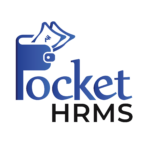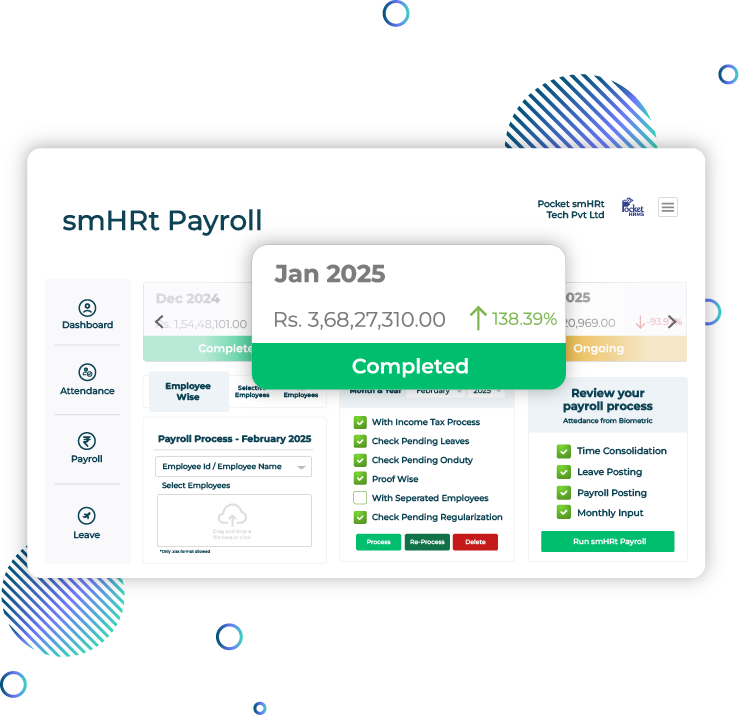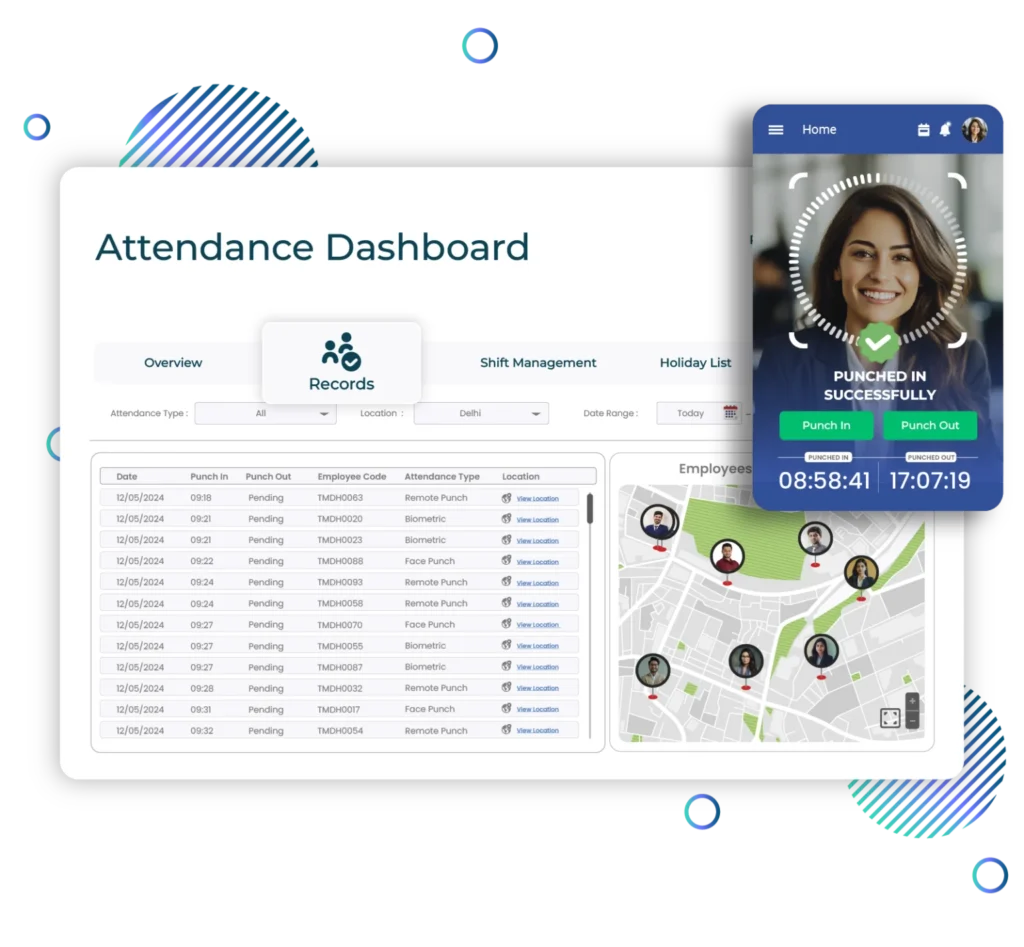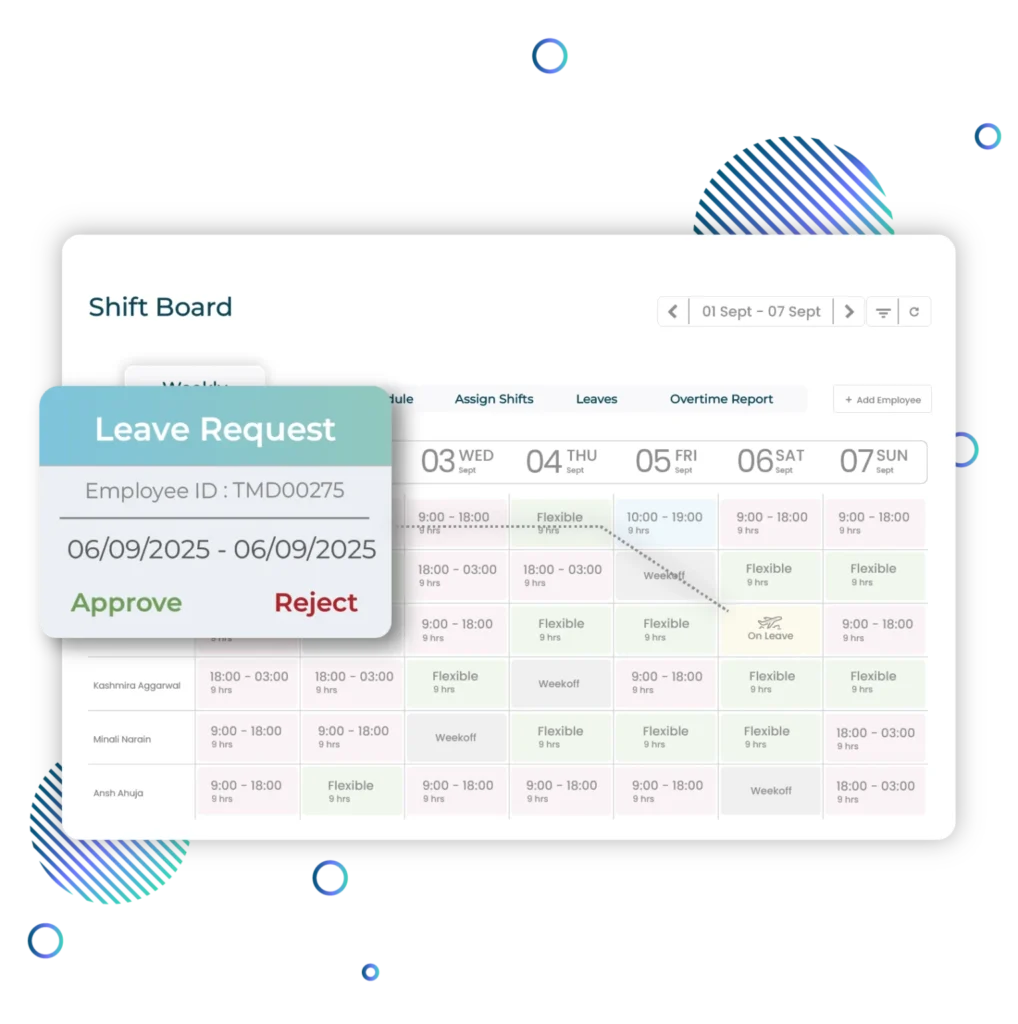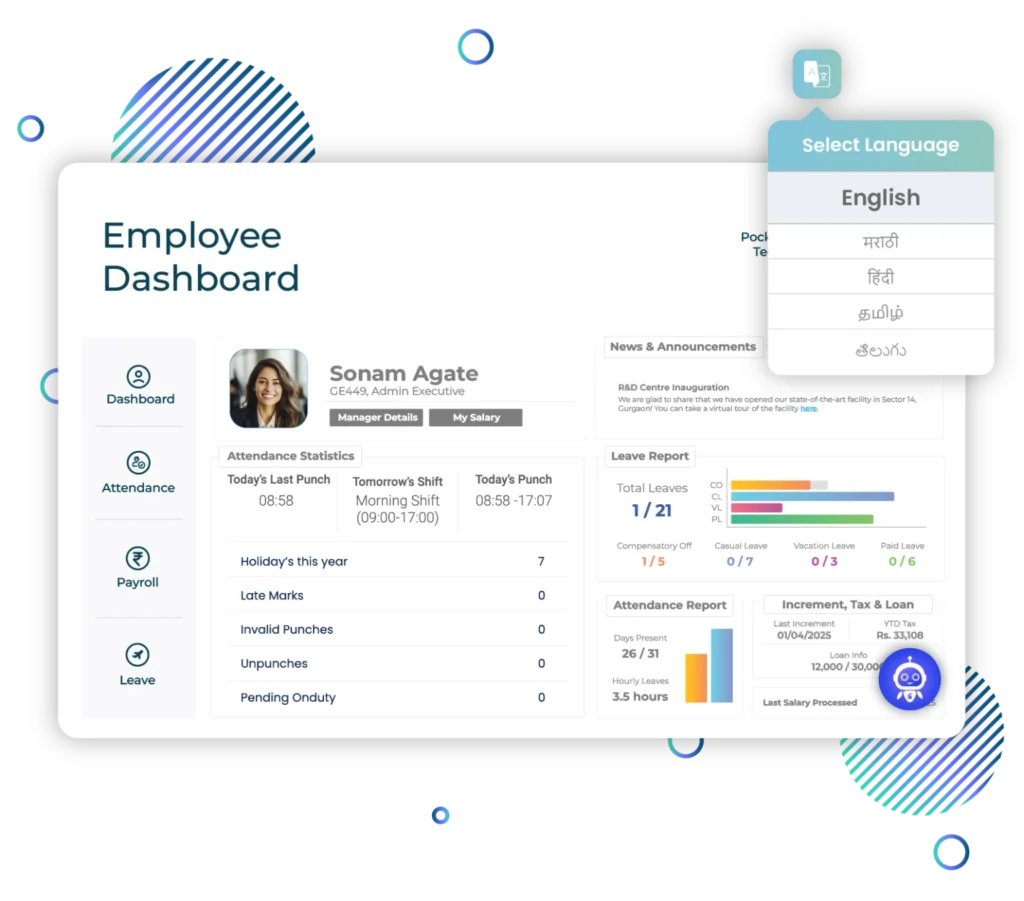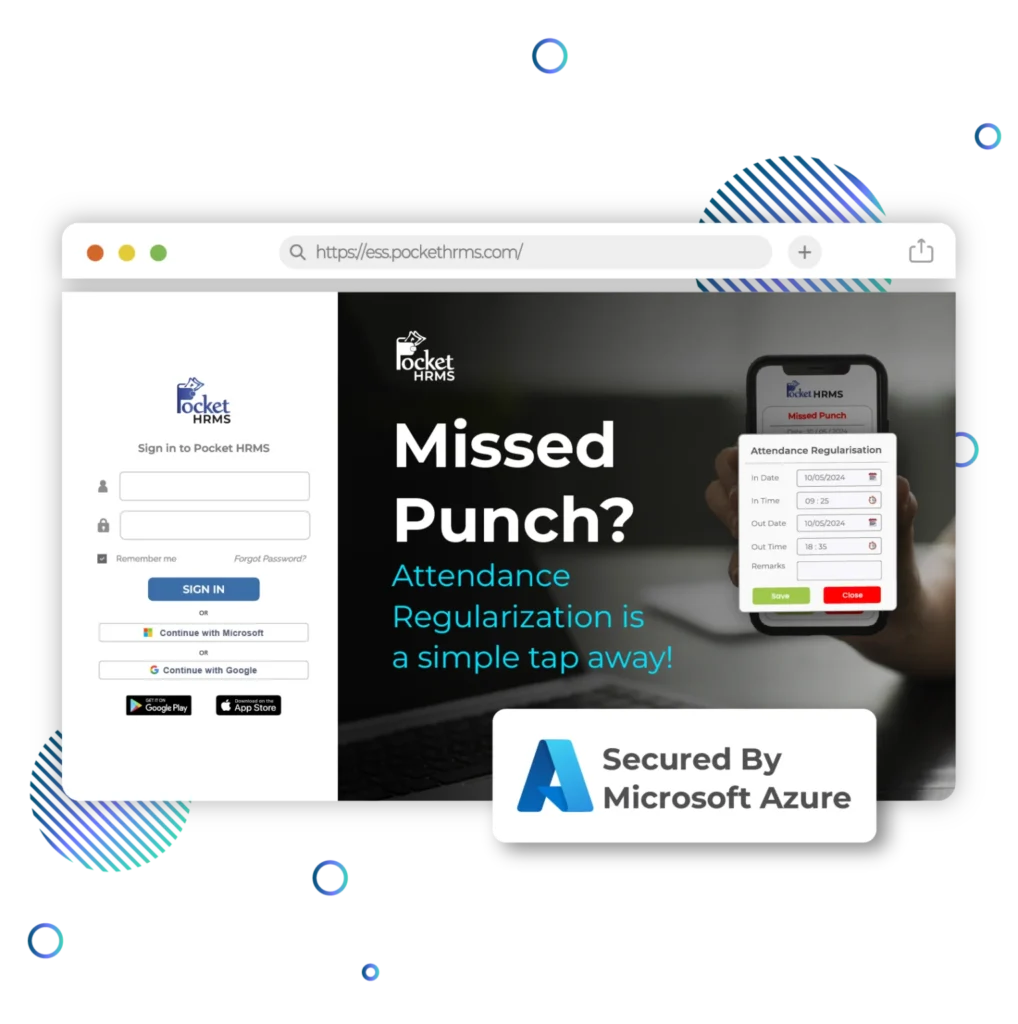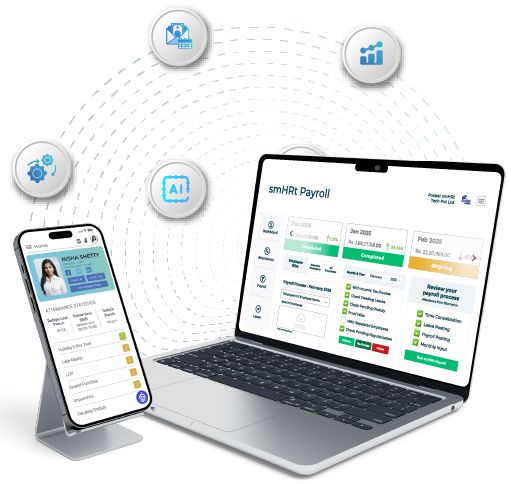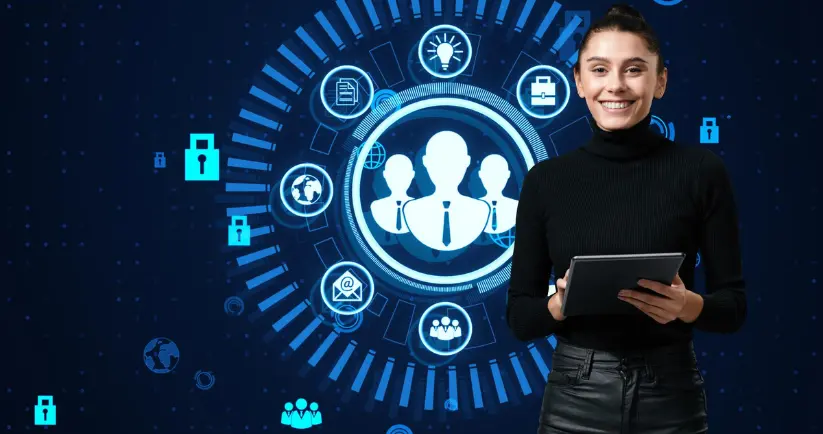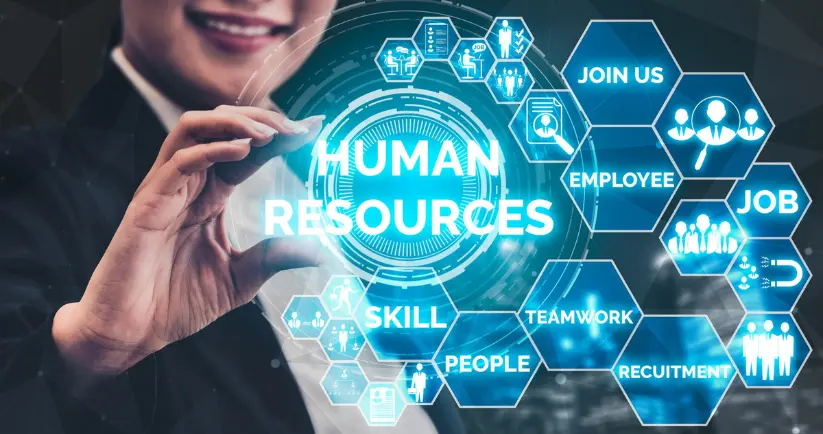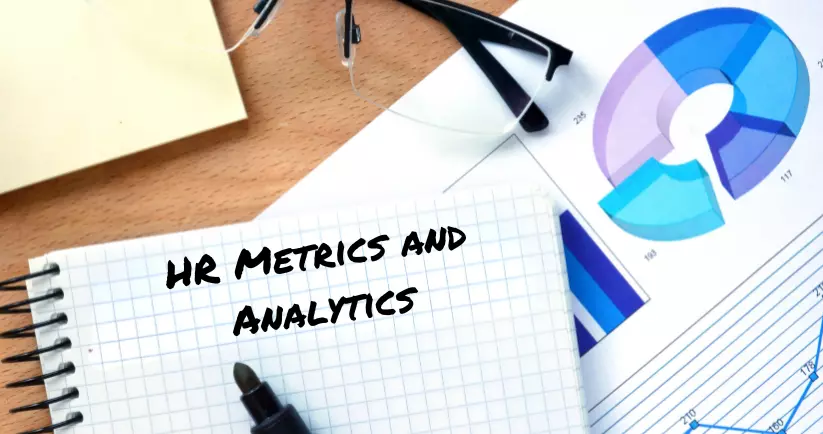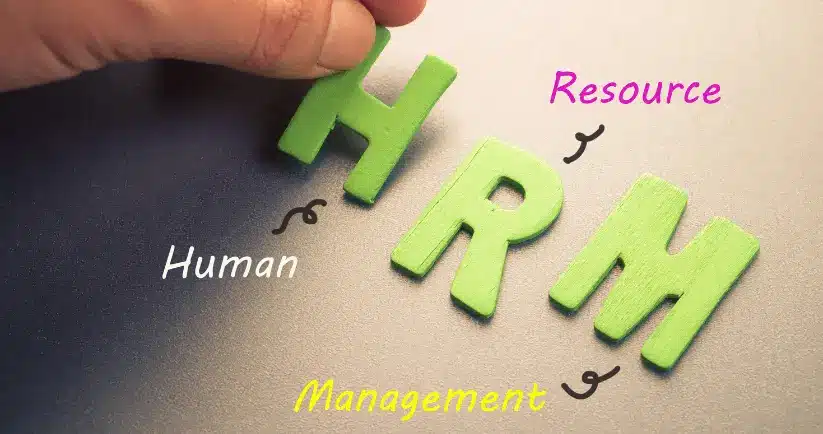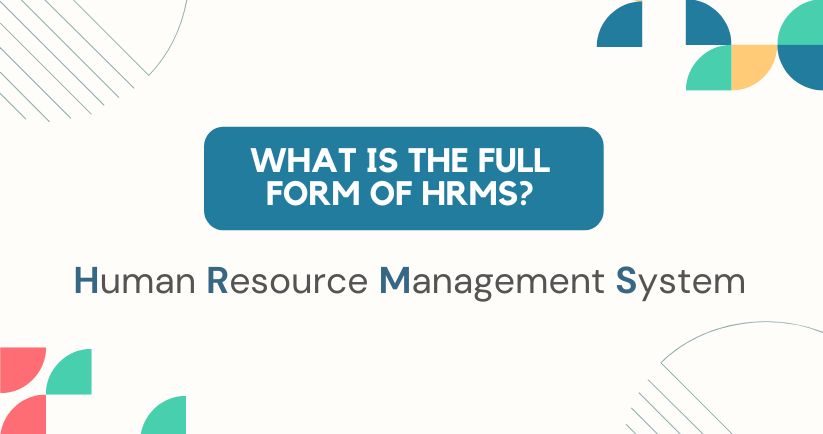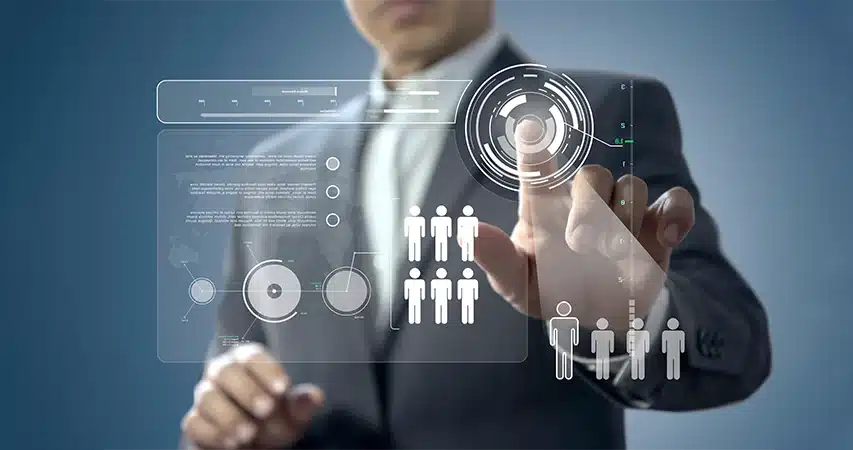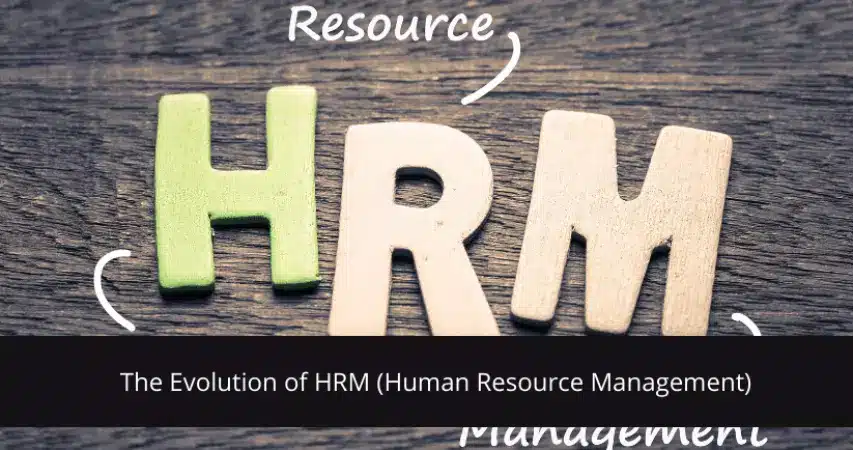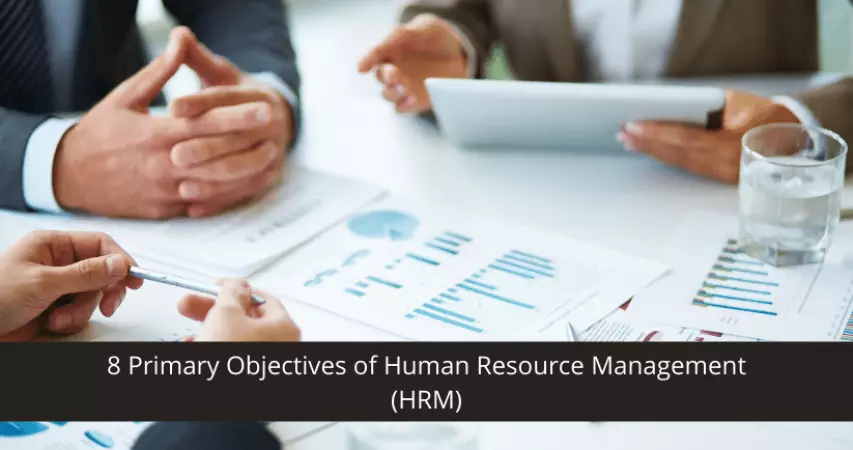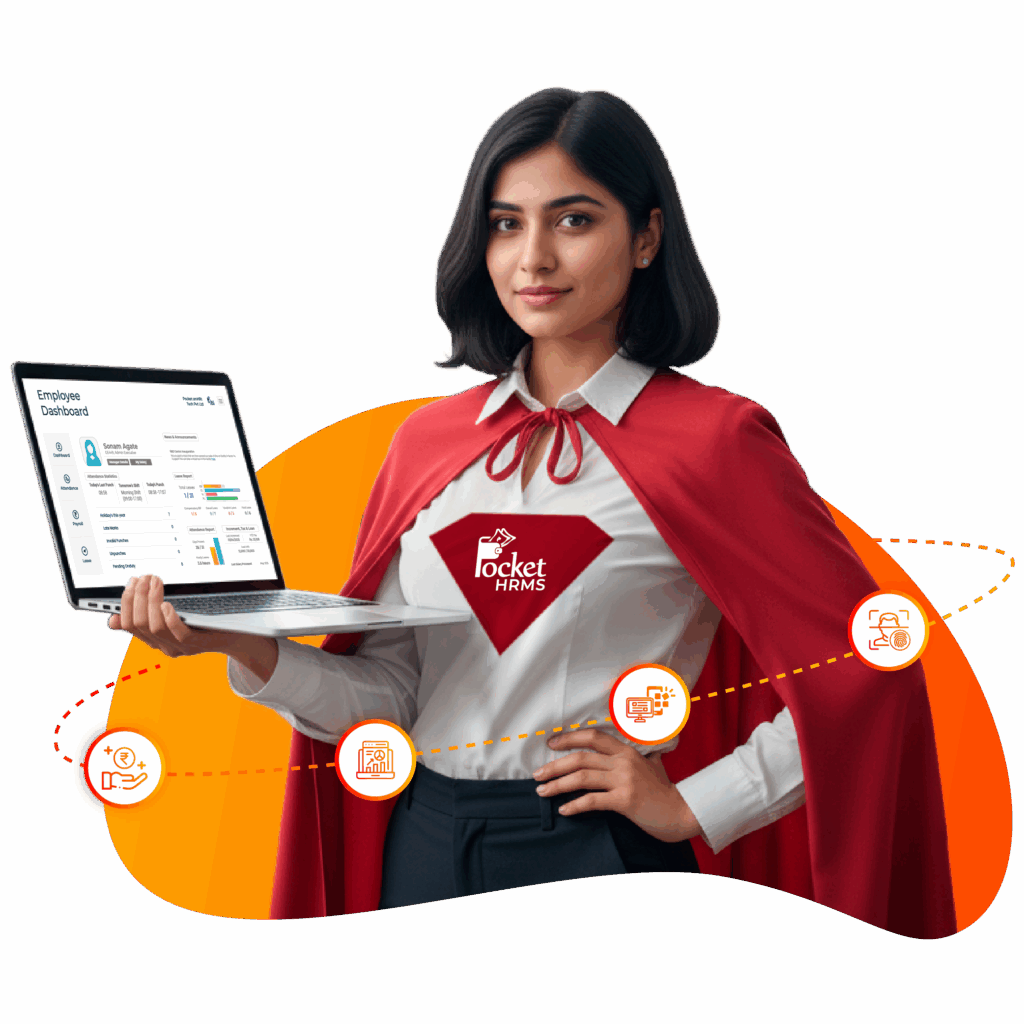HRMS Software
HRMS Software to Streamline Your Entire HR Lifecycle
Streamline your hire-to-retire process with our AI-powered HRMS software. Manage payroll, attendance, onboarding, performance, and self-service on one secure, intuitive platform.
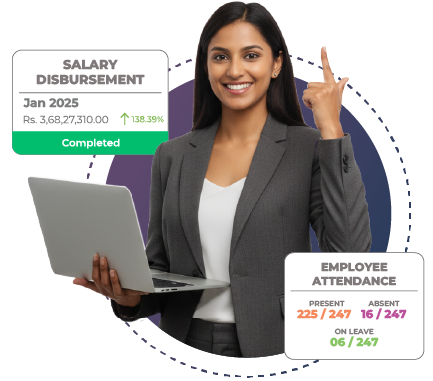
Trusted by Leading Brands Using Our HR Software
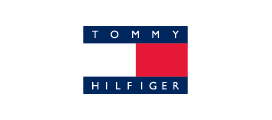
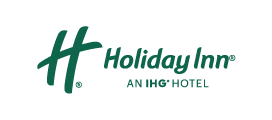

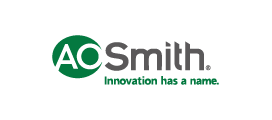




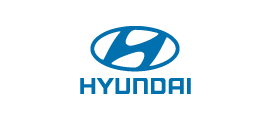
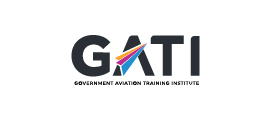


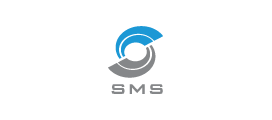

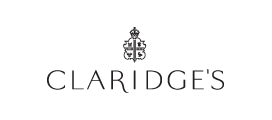
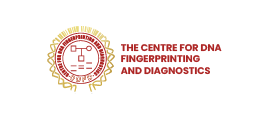

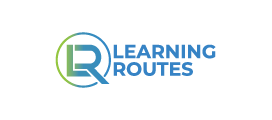
Overview of Human Resource Management System (HRMS)
HRMS software or Human Resource Management System is a software that automates the core HR functions like payroll, recruitment, attendance, benefits administration, and employee data management into a single digital solution. An HRMS replaces manual HR processes with a digital platform, which provides various benefits like improved efficiency, secure data management, automated compliance, etc. As a result, HRMS enables HR teams to focus on strategic initiatives like employee engagement, talent management, employee upskilling, and more.
To learn more, you can read our detailed What is HRMS guide.
Benefits of Using HRMS Software
Here are the benefits a company gains instantly when it integrates HRMS software.
Increased Productivity
HRMS portals automate routine HR tasks, letting employees focus on core work. From candidate sourcing to employee offboarding, the system streamlines HR daily practices by reducing manual effort, significantly boosting overall productivity.
Cost Effective
HRMS reduces compliance risks, human errors, and repetitive manual tasks. Centralising all HR activities in one system lowers administrative costs, improves accuracy, and helps organisations manage their workforce more efficiently.
Improved Communication
The HRMS system streamlines communication between teams, cross-functional departments, employees, employers, and management. Besides, the system ensures that company goals and tasks are shared and executed smoothly, accurately, and on time.
Aligned with Compliance
The HRMS helps the organisation address compliance-related issues by safeguarding against ongoing government updates and non-compliance risks. Employees can get instant information about company policy updates and reports via the HRMS portals.
Powerful Features of the Best HRMS Software in India
Process Payroll with Machine Learning and Automated Compliance
On-time salaries with smHRt® Payroll
Process payroll with Machine Learning, which learns from your data and highlights any errors, resulting in accurate payroll disbursals.
Automated Compliance Handling
Stay on top of compliance with automated calculation of statutory deductions and the smHRt Compliance Dashboard.
Dedicated Formula Builder
Create and modify salary structures with custom formulae using customizable salary heads for seamless calculations within HRM software.
Experience Next-gen Attendance with Geotagging, Biometrics, and Selfies
Multiple Capture Modes
Foolproof Attendance
Easy fraud detection within the HRMS system using built-in algorithms and Machine ID detection for foolproof attendance information.
Simplified Regularization
Streamlined on-duty and regularization requests and approvals directly from the HRMS management app for quick approvals.
Enhanced HR System for Flexible Leave Management
Highly Flexible Leaves
Create and allocate different leave types within the HRMS system, based on business units and designations, with custom parameters for improved flexibility.
Simplified Requests & Approvals
Seamless leave requests and approvals from the mobile app and ESS portal, making the process simple and easy.
Dedicated Attendance Summary
Annual attendance summary for employees and the team’s monthly attendance summary view for managers, enabling easy overviews.
Stay connected with your Employees with Intuitive ESS & Mobile App
Role-based ESS Portal
Improve employee engagement with a role-based ESS dashboard that can be accessed from anywhere, any time.
Multilingual Mobile App
Simplify HRMS management with a user-friendly mobile app that supports multiple regional Indian languages.
smHRty® - AI-Chatbot
Let your employees experience the future of HR management system with AI-powered chatbot smHRty® that answers their queries in real-time.
Keep Employee Data Secure with Encryption and Access Control
Cloud-based HRIS
Keep your employee and company data secure with Microsoft Azure-powered HR management software, enabling automated updates.
256-bit Secure Encryption
Safeguard your employee data within HRMS software using 256-bit secure encryption that provides you with added security.
User Access Control
Control access using ‘user access controls’ and role allocation, enabling effective data abstraction and improved data integrity.
Advantages of using Pocket HRMS Software
Pocket HRMS is the best HRMS software in India, providing ‘smHRt Payroll’ feature, which assures Machine Learning to train on employee data and provide realtime insight.
AI-Powered smHRt Suite
A complete AI-powered smHRt suite in the system helps the employees and employers with queries, reminders, task automation, and real-time insights.
End-to-End Automation
Pocket HRMS automates the entire HR lifecycle, starting from candidate sourcing to employee offboarding. Hence, the manual burden is reduced, and the accuracy is improved.
Payroll Accuracy
The system ensures error-free real-time payroll with AI-powered processing and automated statutory compliance like PF, ESI, TDS, and LWF.
In-depth Analytics
The system provides a real-time dashboard experience and in-depth analytics that help the organisation make data-driven decisions.
Why choose Pocket HRMS?
Pocket HRMS is a software that delivers high-end automation for accurate payroll calculations, enhanced engagement, and seamless HR operations, ultimately creating an efficient solution for growing firms.
Smart Payroll
Process payroll with confidence using smHRt Payroll & automated compliance.
AI Efficiency
Improve your HR Software experience with multiple innovative AI-powered features.
Centralized HR
Manage your employees with a single HR system for employee management.
Custom Reports
Gather clear insights into your employees with highly customizable reporting.
Top-Rated HR Software in India
Pocket HRMS is a leading HRMS software solution provider, recognized by top-notch review platforms like ‘G2‘ and ‘Software Suggest‘ for its revolutionary features.
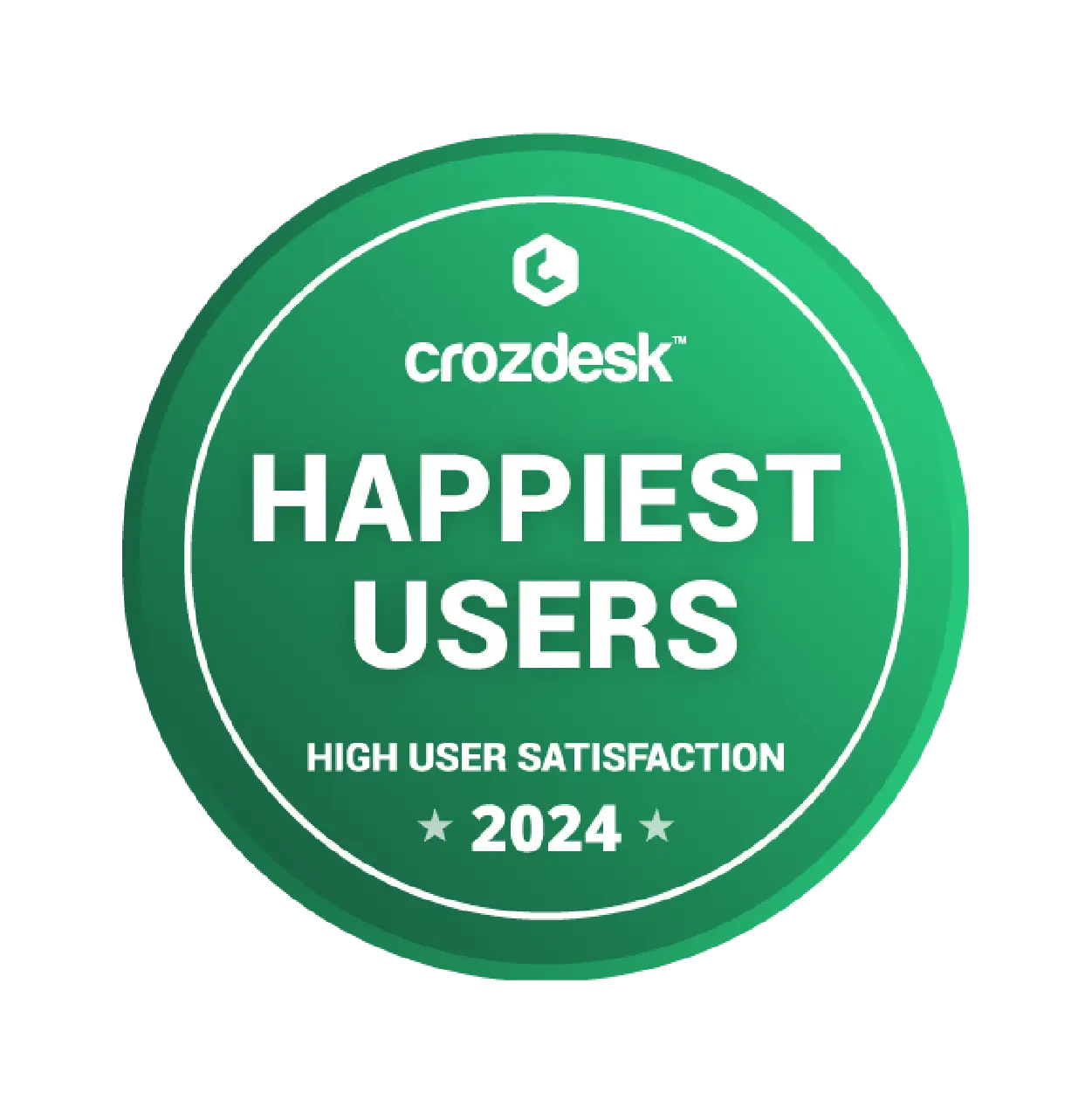
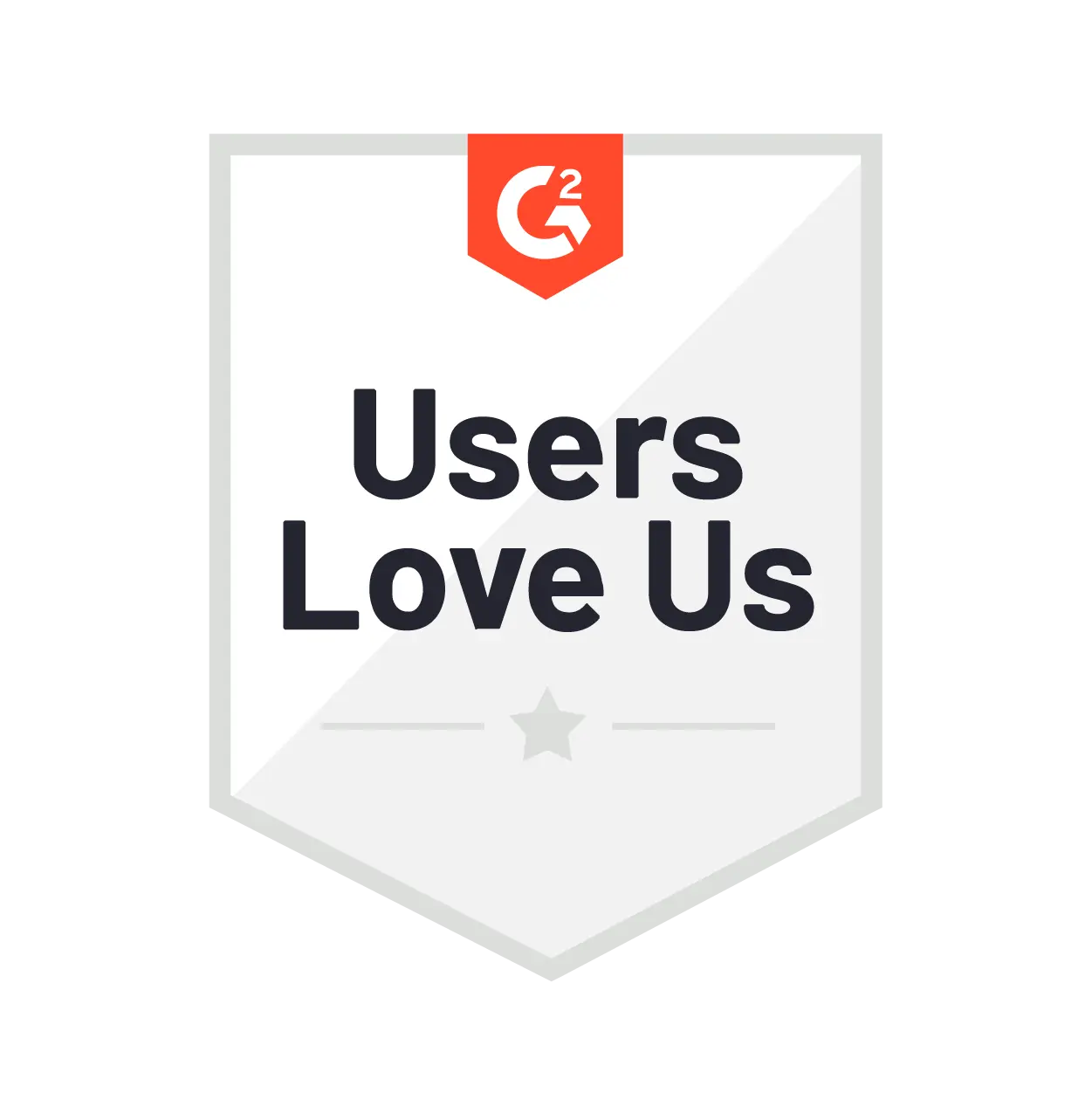
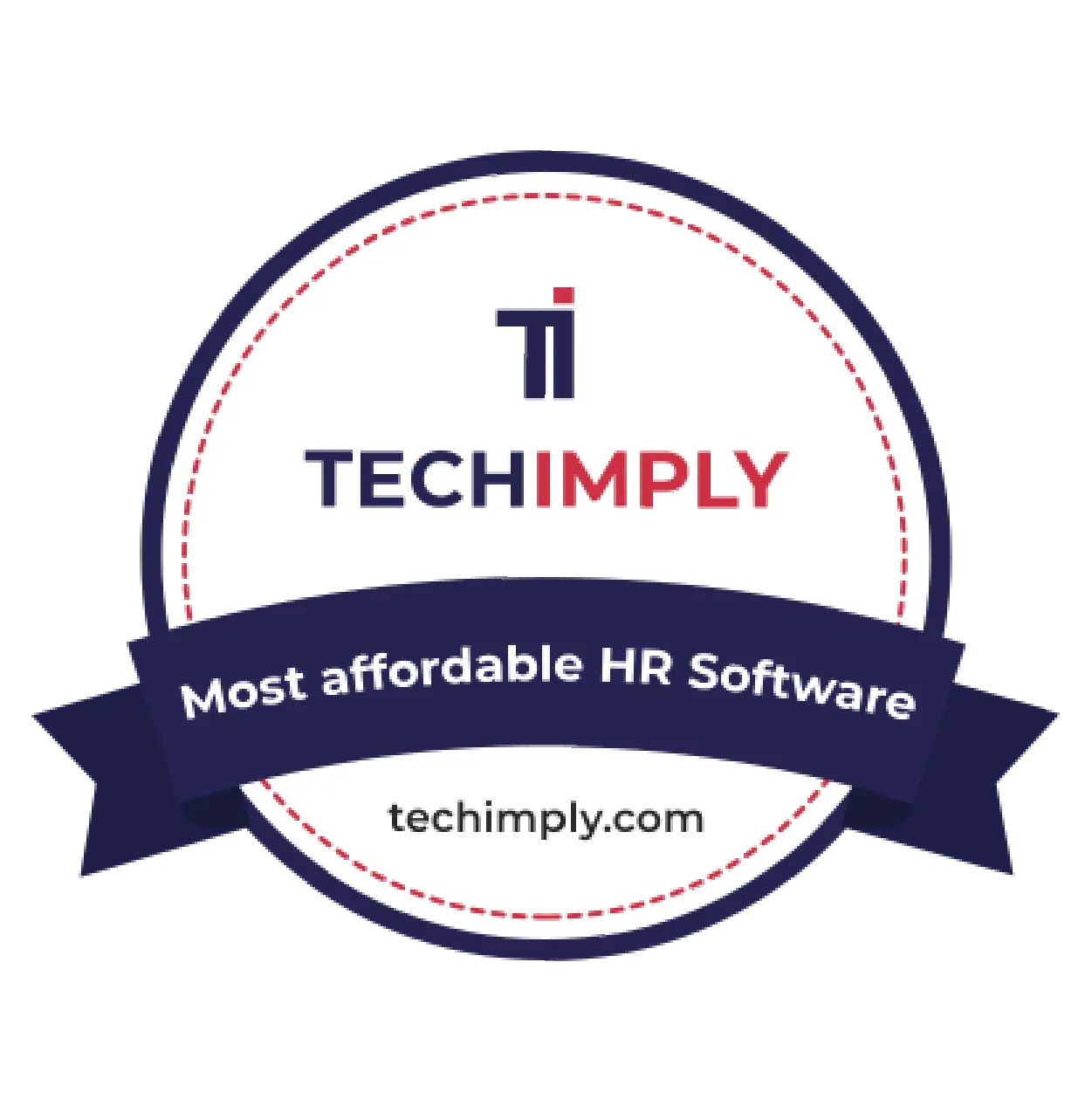
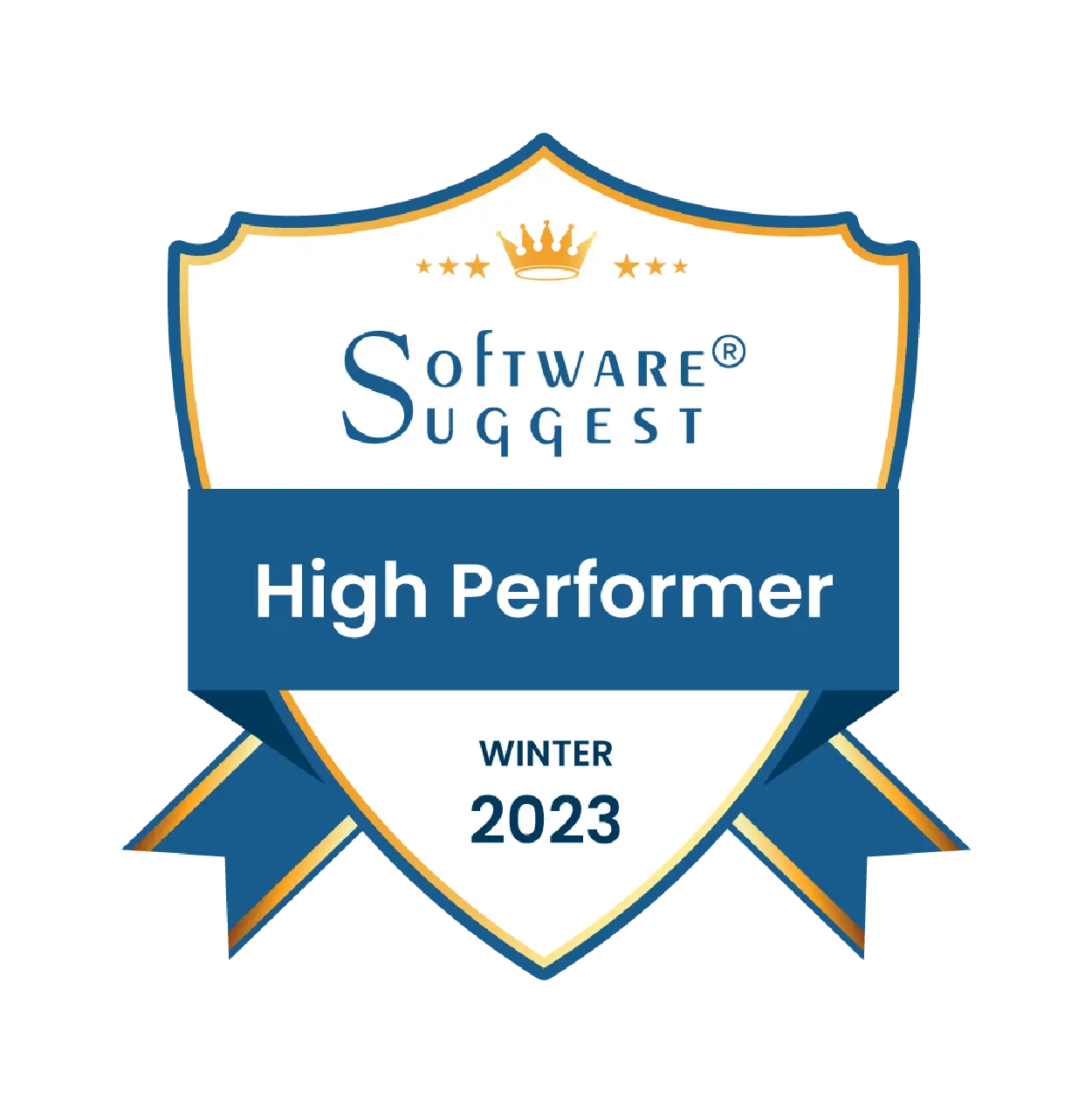
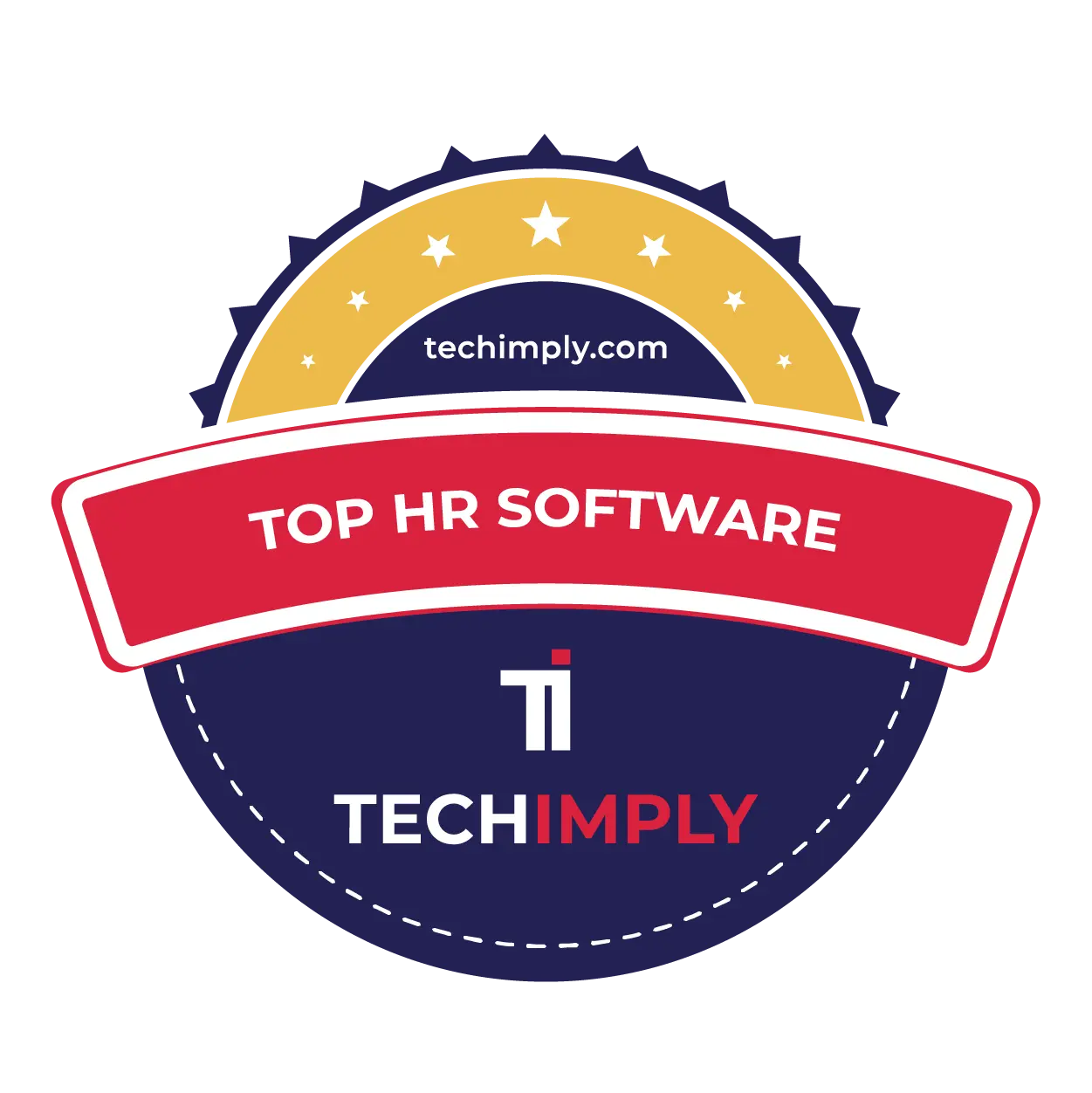
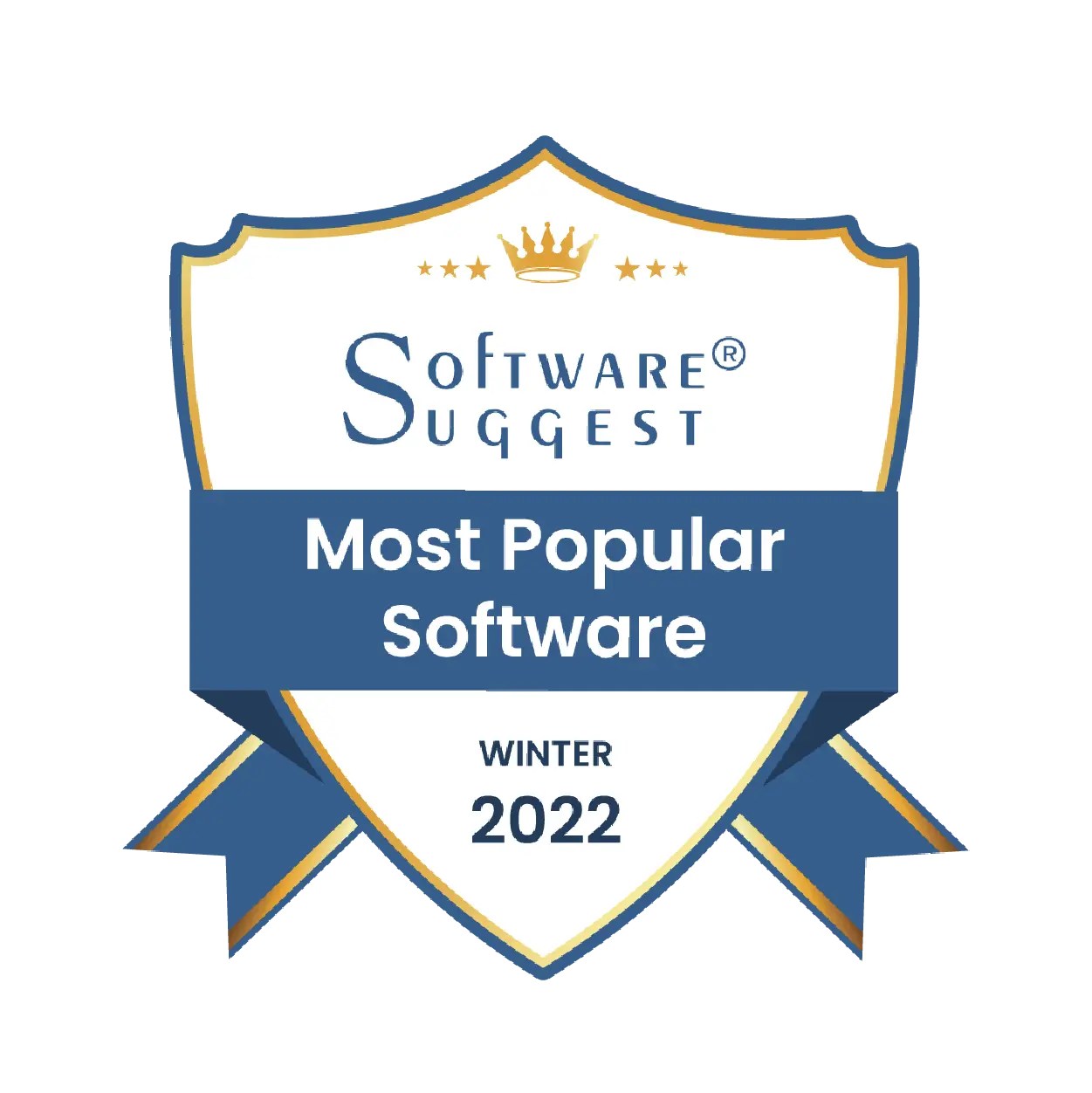
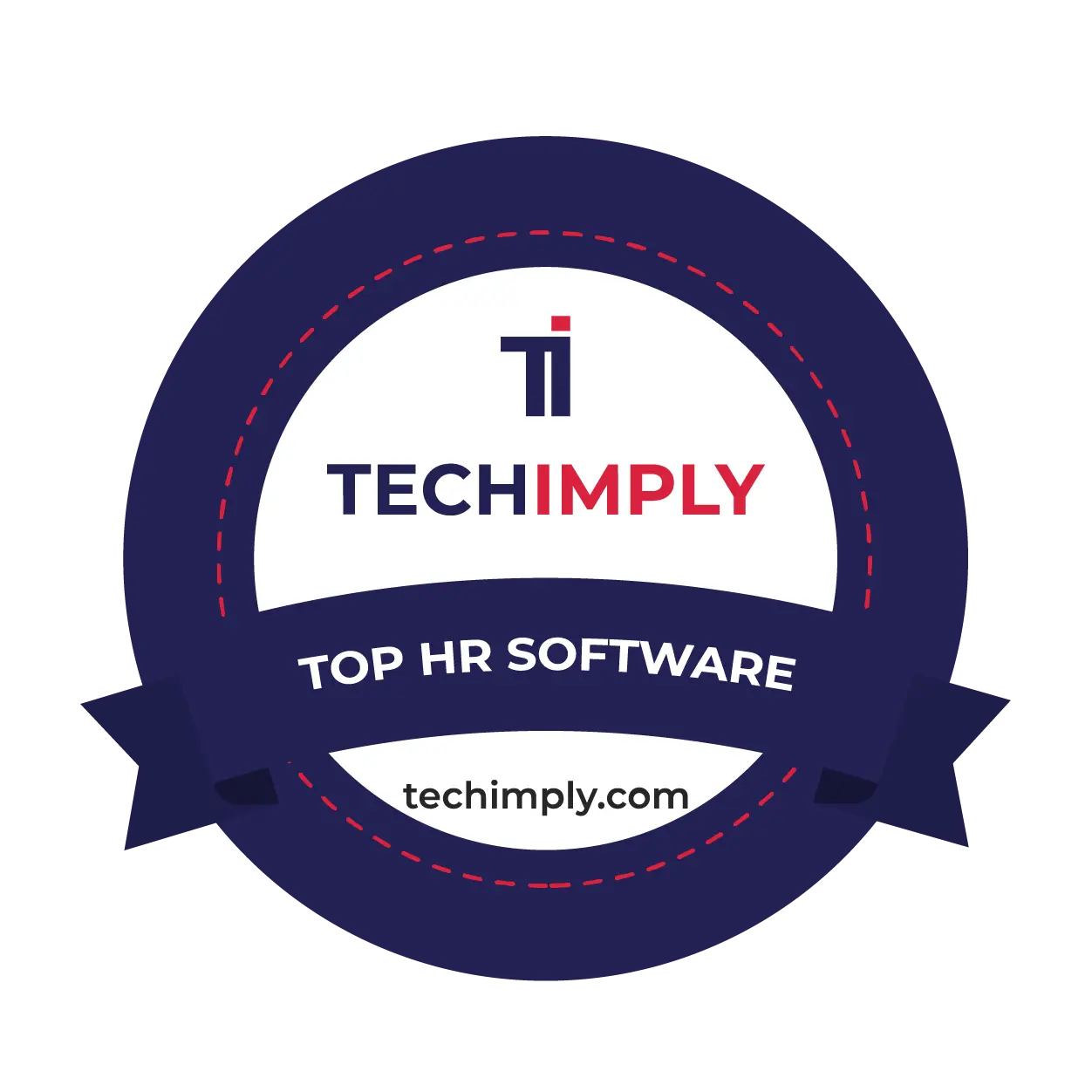
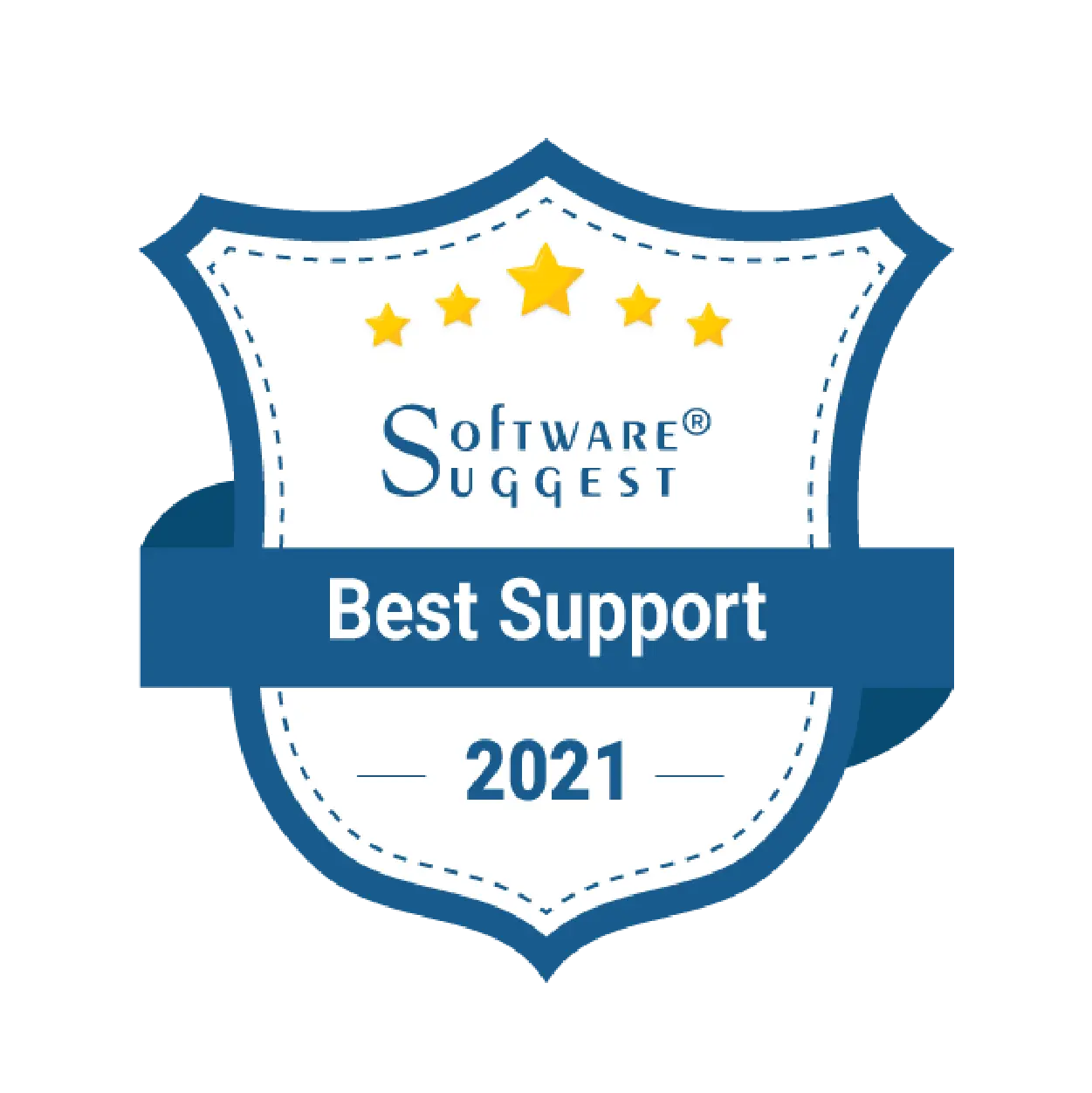
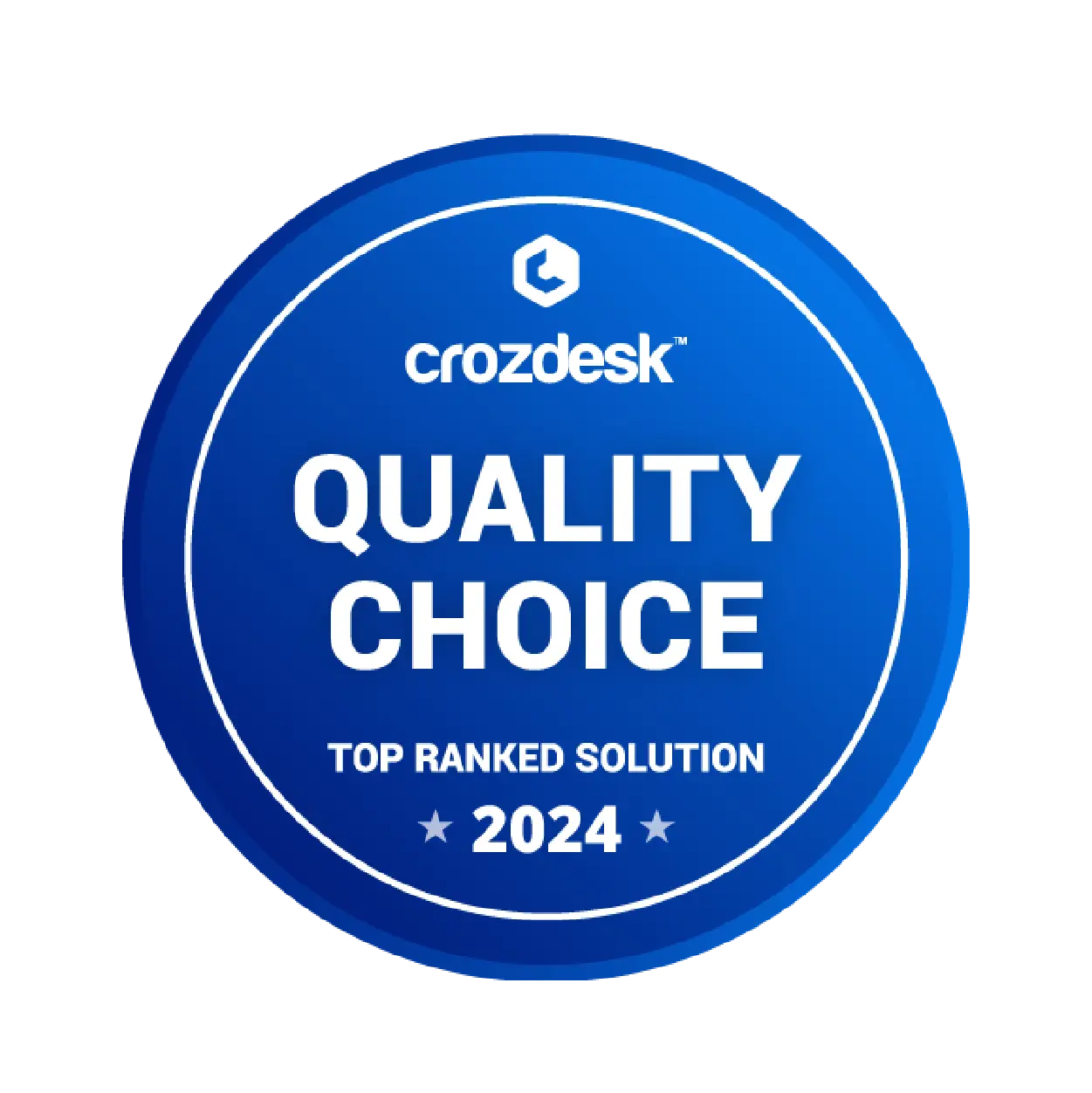
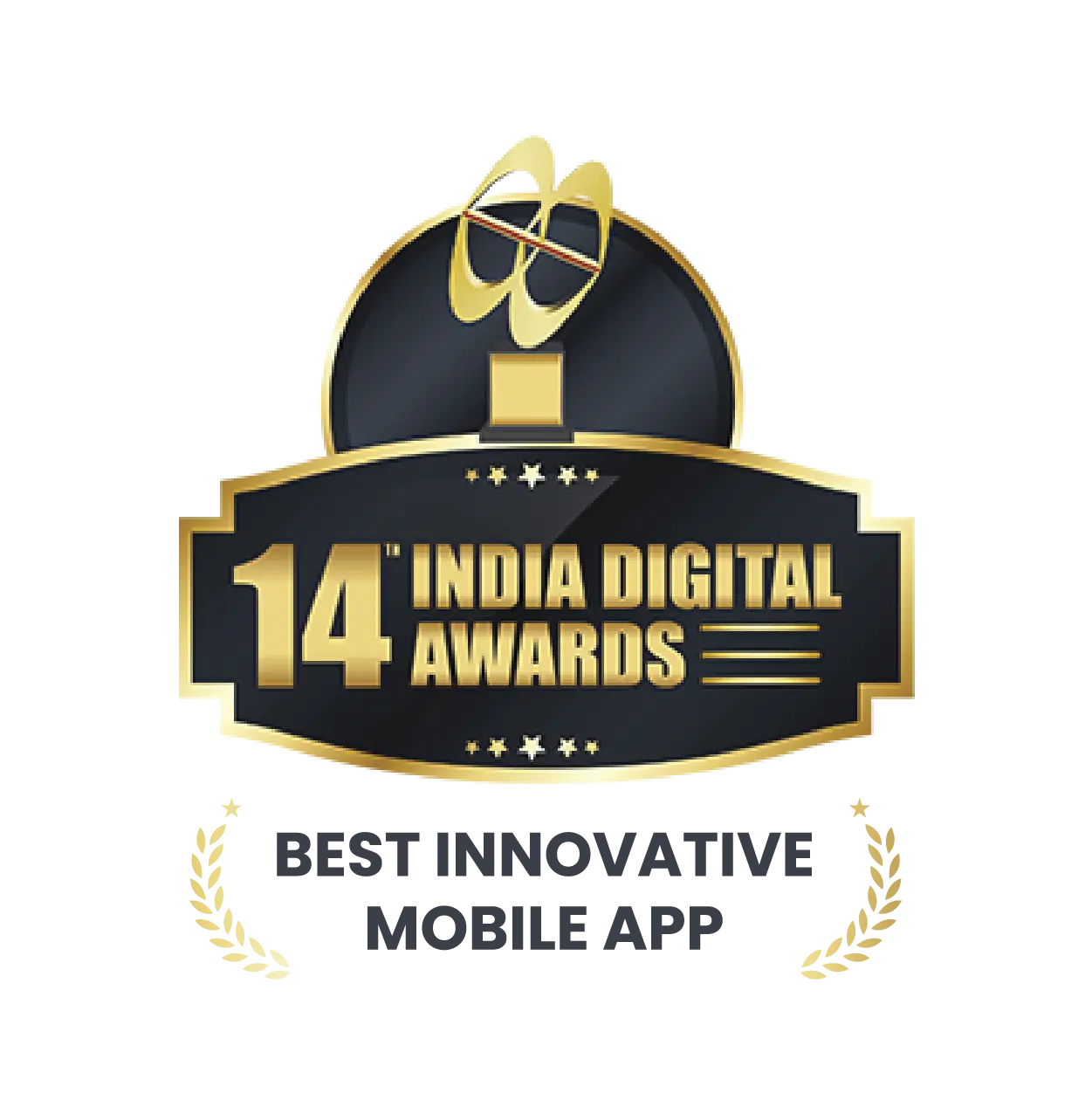

#1 Choice of Industry Experts






HRMS Software in India (Locations We Serve)
Below is the list of cities where companies benefit from Pocket HRMS services.
FAQs on HRMS Software
What is HRMS Software (Human Resources Management System)?
An HRMS software is a system that automates HR practices and delivers ready-to-use outcomes with greater accuracy and efficiency. If you are exploring what an HRMS application is, it is the same as the HRMS system that streamlines multiple HR activities on a single platform. Besides, the tools automate several HR tasks, including payroll processing, recruitment management, performance analysis and more, from onboarding to offboarding.
Who uses an HRMS system?
An HRMS system is used by various departments within an organization, such as the HR teams for managing employees, managers for approving requests, employees to raise requests, and even candidates to enter their details into the system.
What are the benefits of using Pocket HRMS for accelerating your Business?
Pocket HRMS is a cutting-edge HR software that enhances business efficiency by automating and simplifying the complete HR ecosystem. Besides, it offers powerful benefits, including improved accuracy, faster workflows, centralised data management, automated compliance handling, and AI-driven insights for smarter decision-making. With our system, the companies focus more on strategic initiatives that accelerate business growth. As a result, organisations experience higher productivity, stronger employee engagement, and improved operations.
What are the common functions of HRMS systems?
The common functions of HRMS software include managing employee data, processing their payroll, tracking time and attendance, managing performance, aiding the recruiters in hiring, and sharing company data for gathering insights.
Which is the best HRMS software in India?
Pocket HRMS is the best HRMS software in India as it is a cloud-based HR and payroll solution that simplifies the administrative tasks of Indian HRs. It is highly customizable and features multiple AI-powered tools for enhanced efficiency and improved experience.
Which are the 10 Best HRMS Software in India?
Here are the top 10 HRMS software in India that offer AI-driven automation for end-to-end HR management, streamlining HR practices. Those are Pocket HRMS, FactoHR, BambooHR, Keka, GreytHR, Darwinbox, Zoho People, HROne, Zimyo, and Qandle.
How much does HRM software solutions typically cost in India?
HRM software solutions can cost anywhere between ₹20 and ₹1000 per employee per month, depending on the features they provide. For example, Pocket HRMS provides a Standard Plan of ₹60 per employee per month with limited features for startups, while mid-size businesses can go for the Professional Plan of ₹90 per employee per month.
How to find the right HRMS for you?
To find the right HRMS for your business, you need to identify your requirements, compare software vendors based on features, scalability, pricing, etc., and connect with them to find the ideal solution by checking whether they can customize their system.
What is the difference between HRIS and HRMS?
An HRIS or Human Resource Information System is used to manage employee data, while an HRMS or Human Resource Management System is a comprehensive solution that manages employee data along with automating various HR tasks.
What are the examples of HRMS Software?
A few examples of the best HRMS Software are Pocket HRMS, Keka HR, GreytHR, HROne, Zoho People, etc.
How can an HRMS Software benefit an Organization?
An HRMS software enhances the overall productivity of HR teams as it automates several tasks undertaken by them, leading to increased efficiency, improved accuracy, and reduced costs. It provides added security and integrity to the employee and company data, enabling HR to make changes securely, further improving their efficiency.
Explore HRMS Resources
Here are the additional HRMS resources below to unlock and enhance your experience with these services.
